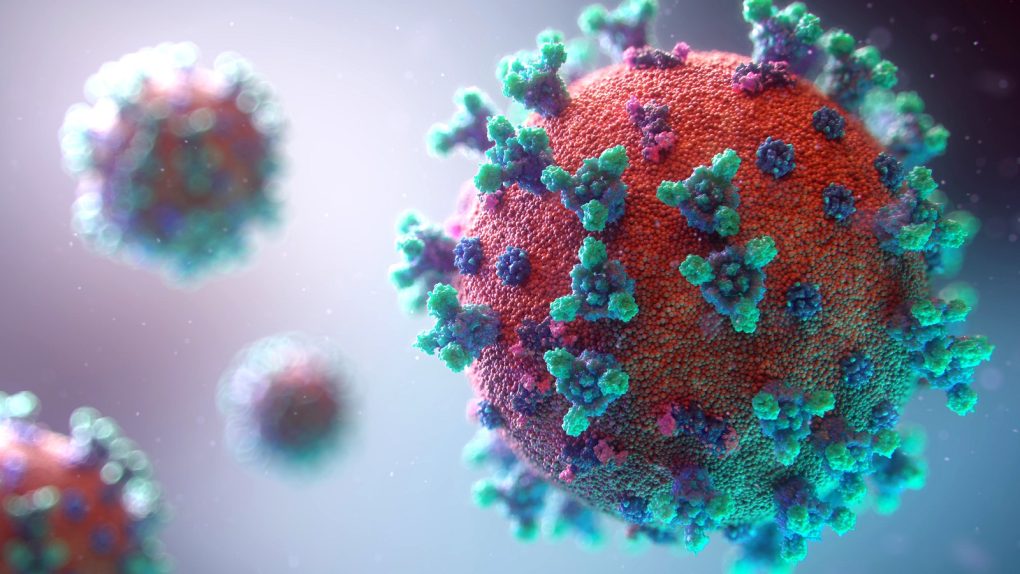- The latest coronavirus update out of Spain shows something that scientists and researchers have been worried about regarding the COVID-19 pandemic.
- The virus seems to be mutating in a way that makes it easier to contract, though it doesn’t seem to have affected the virus’ deadliness.
- According to the latest numbers from Johns Hopkins University, there have now been more than 45 million reported cases of COVID-19 since the pandemic began.
According to the latest coronavirus updates that researchers have been studying, there’s a growing sense that the COVID-19 coronavirus which is rampaging across the US and the rest of the world anew right now is not remaining static. That it does, in fact, have the ability to change and mutate into different strains, which has various implications for immunity, and for fighting the pandemic via the all-important weapon of a vaccine.
Accordingly, researchers in European nations like Spain and Switzerland report that a new coronavirus strain has been detected on the continent there, and it very well could end up in America. Researchers in a non-peer-reviewed study explain how the virus genetically morphed into a new variant that spread all over Europe this summer after originating in Spain.
“A variant of SARS-CoV-2 emerged in early summer 2020, presumably in Spain, and has since spread to multiple European countries,” the researchers note about this variant, which is identified as 20A.EU1. It was first detected back in June and has been reported at frequencies of about 40% since July.
Beyond Spain, the researchers continue, “the frequency of this variant has increased from very low values prior to 15th July to 40-70% in Switzerland, Ireland, and the United Kingdom in September. It is also prevalent in Norway, Latvia, the Netherlands, and France.” It is important to note that these researchers found no evidence that the new COVID-19 strain spreads faster than other variants of the pathogen.
This is a phenomenon that researchers are watching closely, and something about which a group of scientists in Houston released this study in September after analyzing some 5,000 different genetic sequences of the COVID-19 coronavirus. Long story short, it seems that mutations thus far have made it easier to catch the virus, and thus the virus more contagious, but it doesn’t seem any less deadly in these new strains.
“Much of the diversity of this cluster in Spain is observed across Europe,” the researchers write about the variant of Spain. “It is currently unclear whether this variant is spreading because of a transmission advantage of the virus or whether high incidence in Spain followed by dissemination through tourists is sufficient to explain the rapid rise in multiple countries.”
David Morens, a virologist who works with Dr. Anthony Fauci at the National Institute of Allergy and Infectious Diseases, told The Washington Post in September that it’s certainly possible that once population-level immunity gets high enough, that COVID-19 may yet find a way to do an end-run around our immunity.








